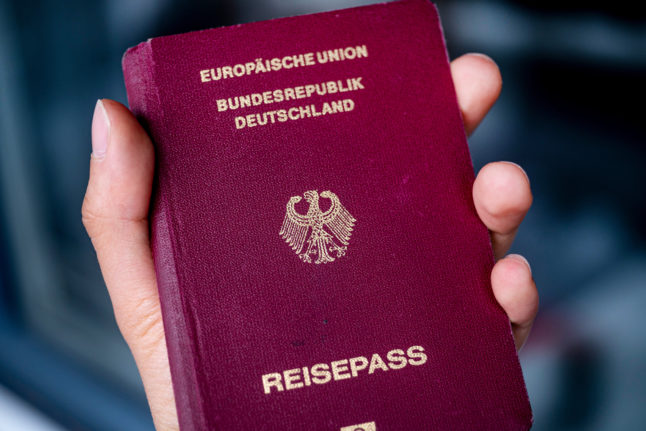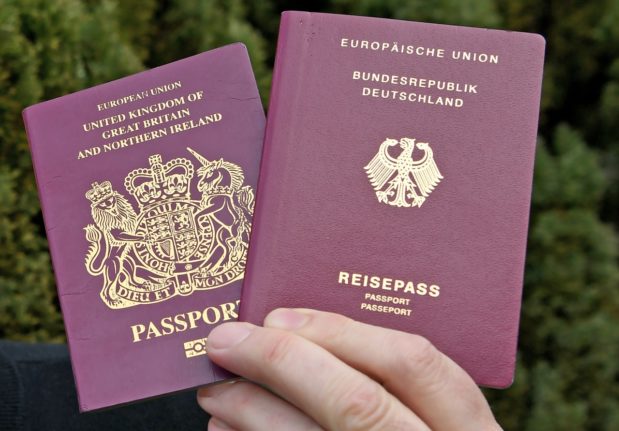As of the end of 2022, around 27,000 German citizenship applications were awaiting processing in Berlin, with the capital’s local bureaucrats only able to process just over 8,000 annually in the last number of years.
Berliners who apply now for German citizenship can expect to wait an average of 2.4 years before they finally receive their first German passport, data from the local authority shows.
Although applicants who have filed in 2023 are being warned their applications are being put on hold while the city-state centralizes the service into a new city immigration office rather than each district being responsible.
READ ALSO: Where in Germany are citizenship applications processed the quickest (and slowest)
The new office is expected to open in 2024 and the city government is pledging that its 200 dedicated staff will be able to process applications faster, with resources equipped to process 20,000 applications a year rather than the current 8,000.
A part of the reason for the backlog is simply the increased volume: 17,600 people in Berlin applied to become German in 2022, compared to 9,000 in 2010.
It’s also expected to get worse.
With the federal government working to pass a law this year that would allow dual citizenship and reduce the time someone has to have been in Germany from eight years to five, authorities are expecting a flood of applications once the draft law passed.
As it stands now, city authorities estimate that as many as 250,000 Berliners might already fulfill the requirements for German citizenship – legal residence for at least eight years.
Many of these people may have been residents for a long time, but simply haven’t applied to become German due to the general requirement to renounce any other non-EU citizenships.
Many are expected to apply as soon as the new law passes.
The cabinet is currently working on the draft law before it’s sent to the Bundestag.
READ ALSO: EXPLAINED: How to speed up your German citizenship application



 Please whitelist us to continue reading.
Please whitelist us to continue reading.
Member comments